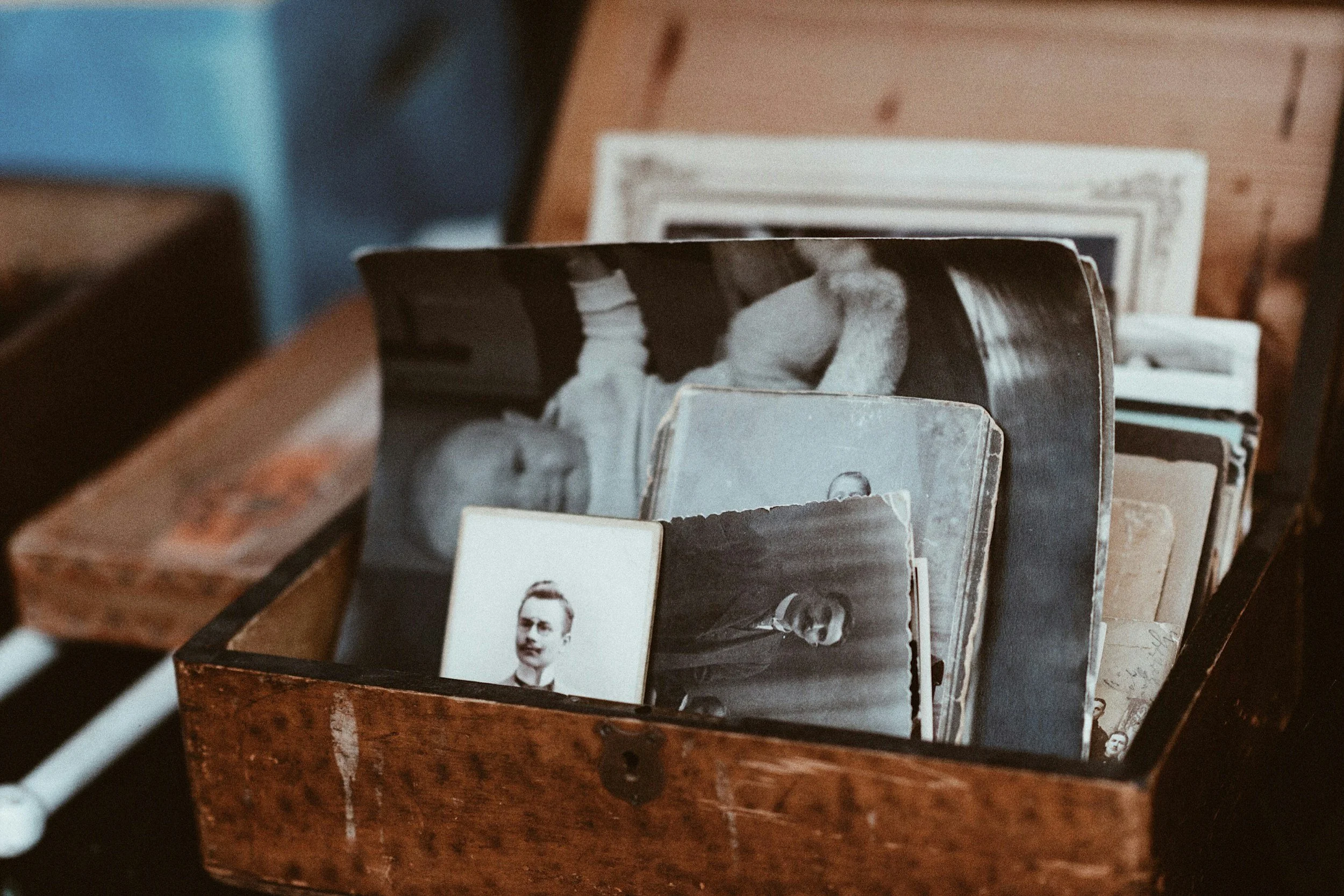Tips - What to Do with Items from Your Parent’s Home
Dealing with the belongings of a parent who has passed away or is transitioning to a retirement home can be an emotional and challenging process. The items in their home often carry significant sentimental value, making decisions about what to keep, donate, or discard even more difficult. However, with a thoughtful approach, you can manage this task with compassion and efficiency. Here’s a practical guide on how to handle your parent’s belongings during such transitions.
1. Take Inventory: Assessing What You Have
Before making any decisions, start by taking a comprehensive inventory of the items in your parent’s home. This will help you understand what you’re dealing with and prioritize your next steps. Create categories for different types of items, such as furniture, clothing, collectibles, documents, and personal mementos. This will also help you in organizing and decluttering the space methodically.
2. Preserve Sentimental Items
Sentimental items, such as family photos, heirlooms, and personal keepsakes, often hold great emotional value. Identify which items are most meaningful and consider how to preserve or distribute them.
Family Photos: Digitize old photographs to ensure they’re preserved for future generations. You can use a scanner or professional services to convert physical photos into digital formats. Consider creating photo albums or digital slideshows for family members.
Heirlooms and Keepsakes: Decide if you want to keep certain items in the family or if they should be passed on to specific relatives. Organize these items carefully and consider their long-term storage to avoid damage.
3. Organize and Sort: Prioritize and Categorize
Once you’ve identified sentimental items, focus on sorting the remaining belongings. Organize them into categories such as:
Keep: Items you or other family members want to retain.
Donate: Items that are in good condition but not needed, such as clothing, books, or furniture.
Sell: Valuable items or antiques that could be sold through estate sales, online marketplaces, or auction houses.
Dispose: Items that are damaged or no longer useful and need to be discarded.
Label each category clearly and start sorting through the items methodically. This can be a time-consuming process, so consider enlisting the help of family members or professional organizers if needed.
4. Consider the Practicalities: Moving and Storage
For items you decide to keep, plan how they will be transported or stored. If you’re moving these items to your home or another location, make arrangements for safe packing and transportation.
Moving Services: Hire a professional moving service if the volume of items is large. They can handle packing, transporting, and unpacking with care.
Storage Solutions: If you need temporary storage, consider renting a storage unit. Ensure it’s climate-controlled to protect delicate items.
5. Donate and Dispose: Finding New Homes for Belongings
When it comes to donating or disposing of items, look for reputable organizations and disposal methods:
Donations: Charitable organizations such as Goodwill, Salvation Army, or local shelters often accept gently used items. Some organizations may even offer pick-up services for large donations.
Estate Sales: For valuable items, an estate sale can be an effective way to sell and distribute belongings. Consider hiring an estate sale company to handle the process professionally.
Recycling and Disposal: For items that cannot be donated or sold, ensure they are disposed of responsibly. Check local regulations for recycling options and hazardous waste disposal if necessary.
6. Communicate and Involve Family Members
Throughout the process, communicate with other family members to ensure everyone has a chance to express their preferences and concerns. Family meetings can help in making decisions about valuable or sentimental items and prevent misunderstandings or disagreements.
7. Seek Professional Help If Needed
If you find the process overwhelming or complex, consider seeking help from professionals. Estate planners, organizers, and appraisers can provide valuable assistance in managing and valuing belongings. Their expertise can also help navigate legal and financial considerations.
Final Thoughts
Handling the belongings of a parent who has passed away or is moving to a retirement home requires a thoughtful and organized approach. By taking inventory, preserving sentimental items, sorting and categorizing belongings, and involving family members, you can manage the process with care and respect. Remember to seek help when needed and approach each decision with compassion, ensuring that the items are treated with the dignity they deserve.
